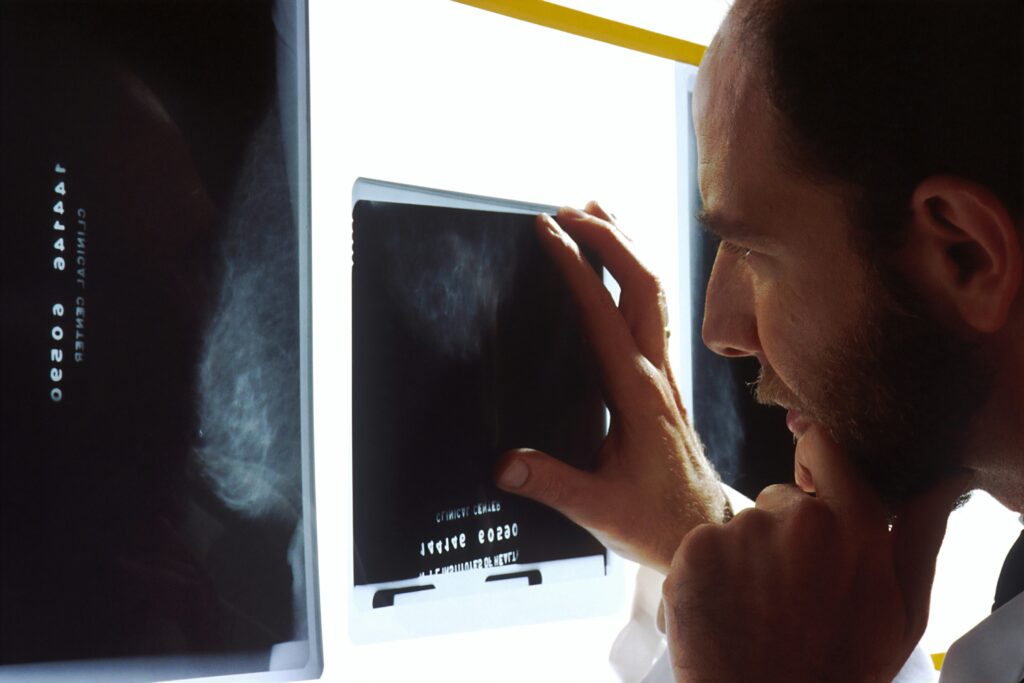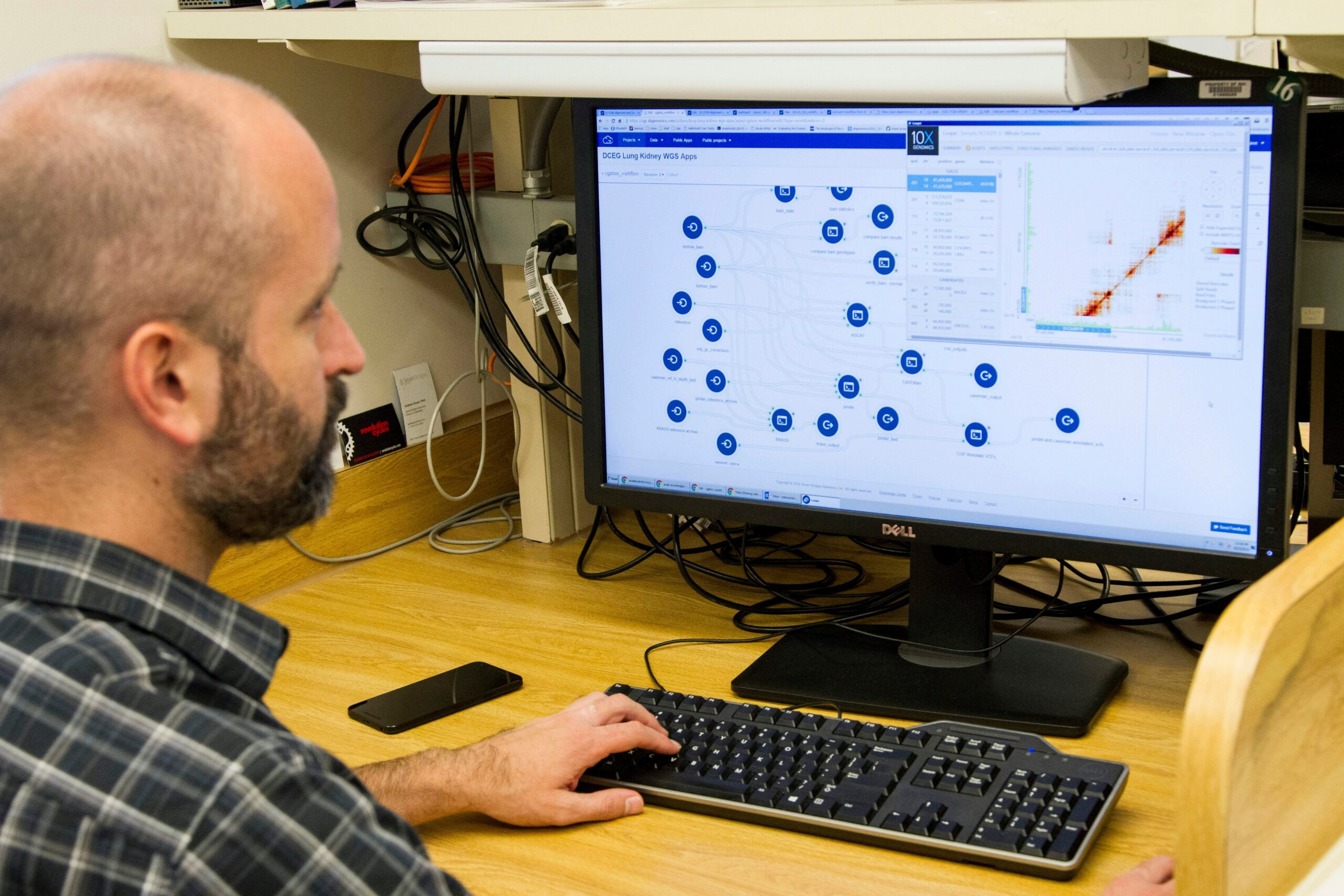
Beta blockers, a staple in cardiac care for over four decades, may not offer clinical benefits for patients who have experienced an uncomplicated myocardial infarction with preserved heart function. This revelation stems from the groundbreaking “REBOOT Trial,” led by Valentin Fuster, MD, PhD, President of Mount Sinai Fuster Heart Hospital and General Director of Spain’s Centro Nacional de Investigaciones Cardiovasculares (CNIC). The findings, presented at the European Society of Cardiology Congress in Madrid and published in The New England Journal of Medicine, could potentially overturn a long-standing treatment paradigm.
The REBOOT Trial’s results indicate that beta blockers, traditionally prescribed following heart attacks, do not significantly impact the rates of death, recurrent heart attacks, or hospitalizations for heart failure in patients with uncomplicated cases. This development was further highlighted by a REBOOT substudy, published in the European Heart Journal, which found that women treated with beta blockers faced a higher risk of adverse outcomes compared to those not receiving the medication.
Historical Context and Study Details
Beta blockers have been a cornerstone of post-heart attack treatment since they were first introduced, primarily due to their ability to reduce cardiac oxygen demand and prevent arrhythmias. However, the REBOOT Trial, the largest of its kind, questions the necessity of this treatment in the context of modern medical advancements. The trial, coordinated by CNIC in collaboration with the Mario Negri Institute for Pharmacological Research in Milan, involved 8,505 patients across 109 hospitals in Spain and Italy.
Participants were randomly assigned to either receive or not receive beta blockers after hospital discharge, while all patients continued with the current standard of care. Over a median follow-up period of nearly four years, the study found no significant differences in outcomes between the two groups.
Gender-Specific Findings
A subgroup analysis within the REBOOT Trial revealed a concerning trend: women treated with beta blockers experienced a 2.7 percent higher absolute risk of mortality compared to those not treated with the drug. This increased risk was observed in women with normal cardiac function post-heart attack, emphasizing the need for gender-specific treatment considerations. In contrast, men did not exhibit this heightened risk.
“This trial will reshape all international clinical guidelines,” stated Dr. Fuster. “REBOOT will change clinical practice worldwide,” echoed Principal Investigator Borja Ibáñez, MD, CNIC’s Scientific Director.
Implications for Clinical Practice
The REBOOT Trial’s findings suggest a significant shift in heart attack treatment protocols. Currently, over 80 percent of patients with uncomplicated myocardial infarction are discharged with beta blockers. The study underscores the importance of reevaluating established treatments in light of evolving medical practices and technologies.
Dr. Ibáñez explained, “After a heart attack, patients are typically prescribed multiple medications, which can make adherence difficult. While beta blockers were initially beneficial, today’s rapid and systematic reopening of occluded coronary arteries has reduced the risk of complications, questioning the need for beta blockers.”
Mount Sinai’s Role in Cardiovascular Research
Mount Sinai Fuster Heart Hospital, renowned for its contributions to cardiology and heart surgery, continues to lead transformative research in cardiovascular care. The hospital ranks No. 2 nationally for cardiology, heart, and vascular surgery, according to U.S. News & World Report, and No. 1 in New York. The institution’s commitment to advancing medical knowledge is evident in its involvement in landmark trials like SECURE and DapaTAVI, which have reshaped global approaches to cardiovascular disease.
“The trial was designed to optimize heart attack care based on solid scientific evidence and without commercial interests. These results will help streamline treatment, reduce side effects, and improve quality of life for thousands of patients every year,” Dr. Ibáñez added.
Future Directions and Considerations
The REBOOT Trial, conducted without pharmaceutical industry funding, highlights the importance of questioning long-held medical practices and adapting to new evidence. As the medical community digests these findings, the potential for revised clinical guidelines looms large, promising to enhance patient care and outcomes.
As research continues, the focus will likely shift towards personalized medicine, taking into account individual patient profiles, including gender differences, to optimize treatment strategies. The trial’s impact on clinical guidelines and patient care protocols will be closely monitored, potentially setting a precedent for reevaluating other established treatments.
In conclusion, the REBOOT Trial marks a pivotal moment in cardiovascular medicine, challenging the status quo and paving the way for more tailored and effective treatment approaches. As the healthcare landscape evolves, such studies underscore the need for continuous evaluation and adaptation to ensure the best possible outcomes for patients worldwide.




